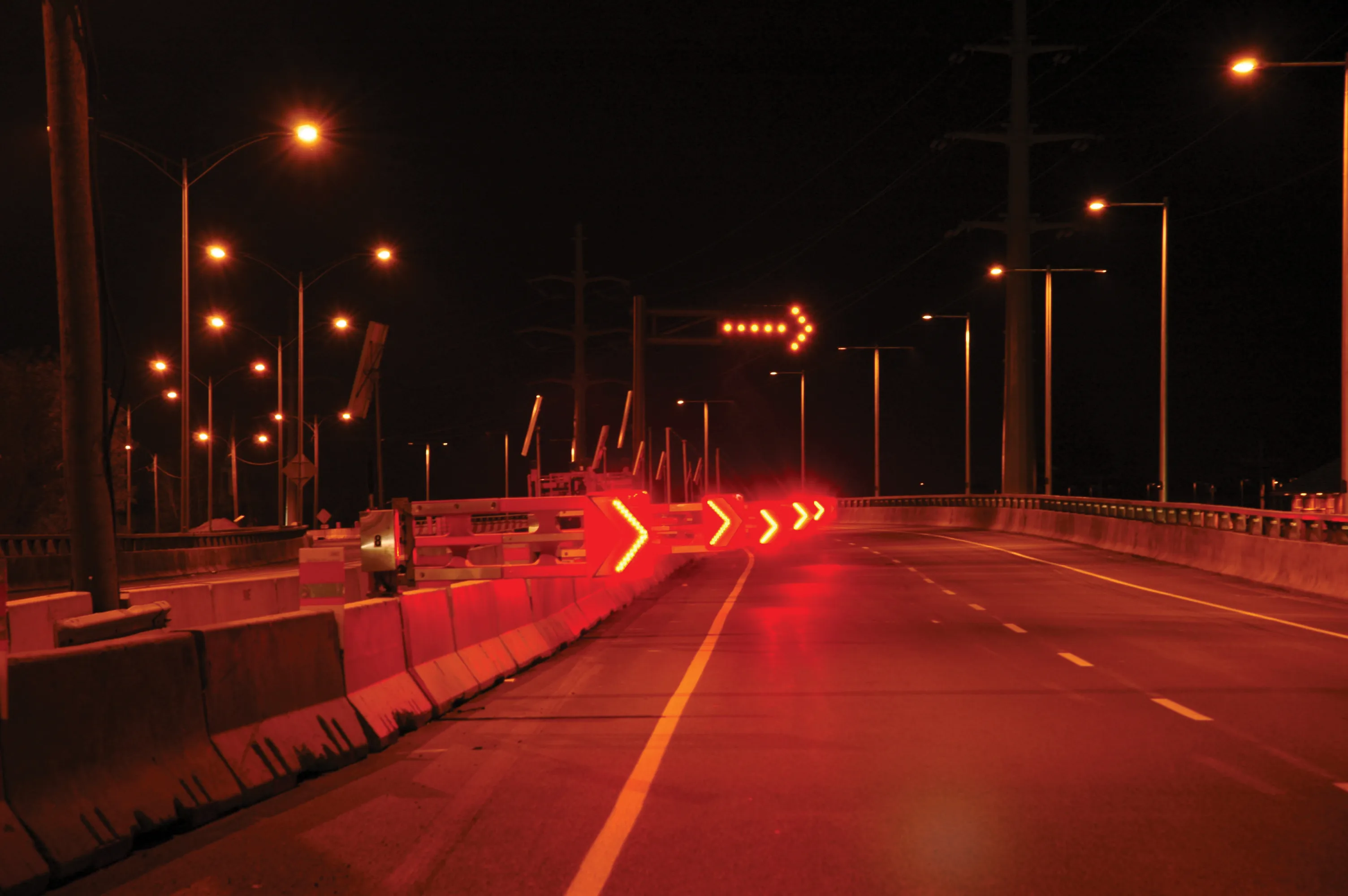Wiener Linien, a public transport operator in Vienna, Austria, is to carry out a research project in cooperation with SLR Engineering and the Austrian Institute of Technology aimed at stopping parked cars hindering public transport services.
Around 4,000 wrongly parked cars are said to have caused delays of between five minutes and 40 minutes on bus and tram services in Vienna in 2012. The research project, which is to be funded by the transport ministry's IV2Splus intelligent traffic systems and service
November 22, 2013
Read time: 2 mins
Wiener Linien, a public transport operator in Vienna, Austria, is to carry out a research project in cooperation with SLR Engineering and the 2682 Austrian Institute of Technology aimed at stopping parked cars hindering public transport services.
Around 4,000 wrongly parked cars are said to have caused delays of between five minutes and 40 minutes on bus and tram services in Vienna in 2012. The research project, which is to be funded by the transport ministry's IV2Splus intelligent traffic systems and services programme, will look for technological solutions to warn drivers that their car is wrongly parked before they leave it.
The Wiener Linien project will also research ways of raising awareness of the problem and measures to improve road markings. A sensor system is being tested in a particularly affected area of the system which causes a warning sign to flash at a driver if a parked car is detected that will block the route for trams.
Around 4,000 wrongly parked cars are said to have caused delays of between five minutes and 40 minutes on bus and tram services in Vienna in 2012. The research project, which is to be funded by the transport ministry's IV2Splus intelligent traffic systems and services programme, will look for technological solutions to warn drivers that their car is wrongly parked before they leave it.
The Wiener Linien project will also research ways of raising awareness of the problem and measures to improve road markings. A sensor system is being tested in a particularly affected area of the system which causes a warning sign to flash at a driver if a parked car is detected that will block the route for trams.









